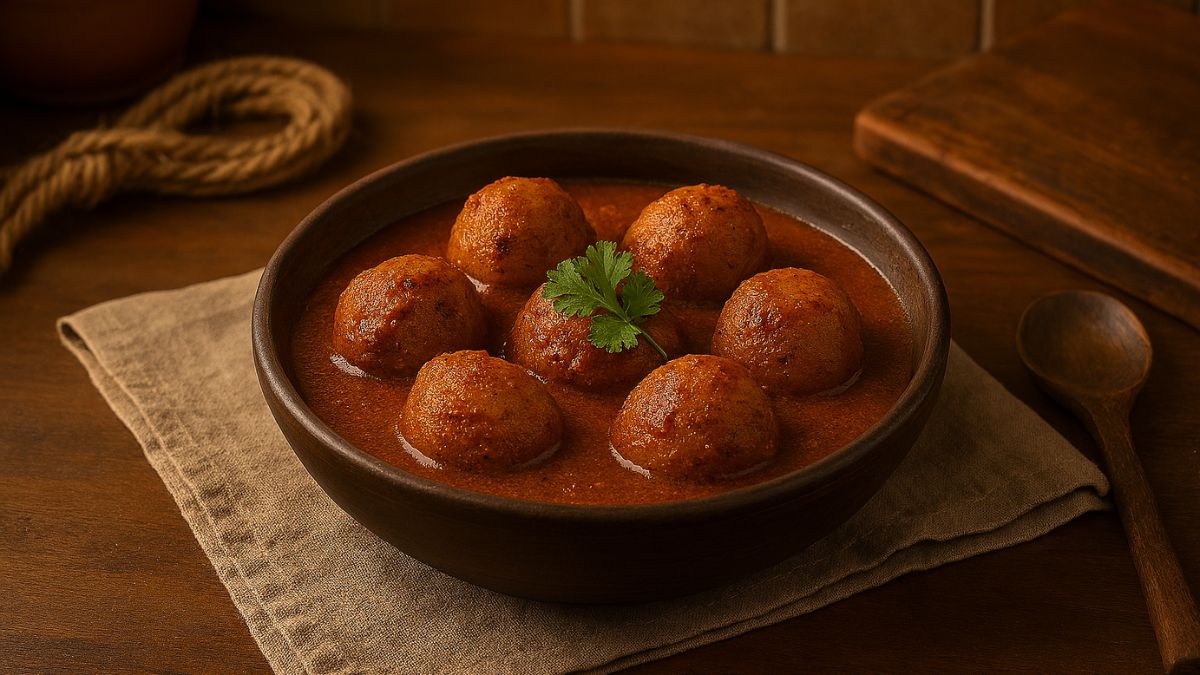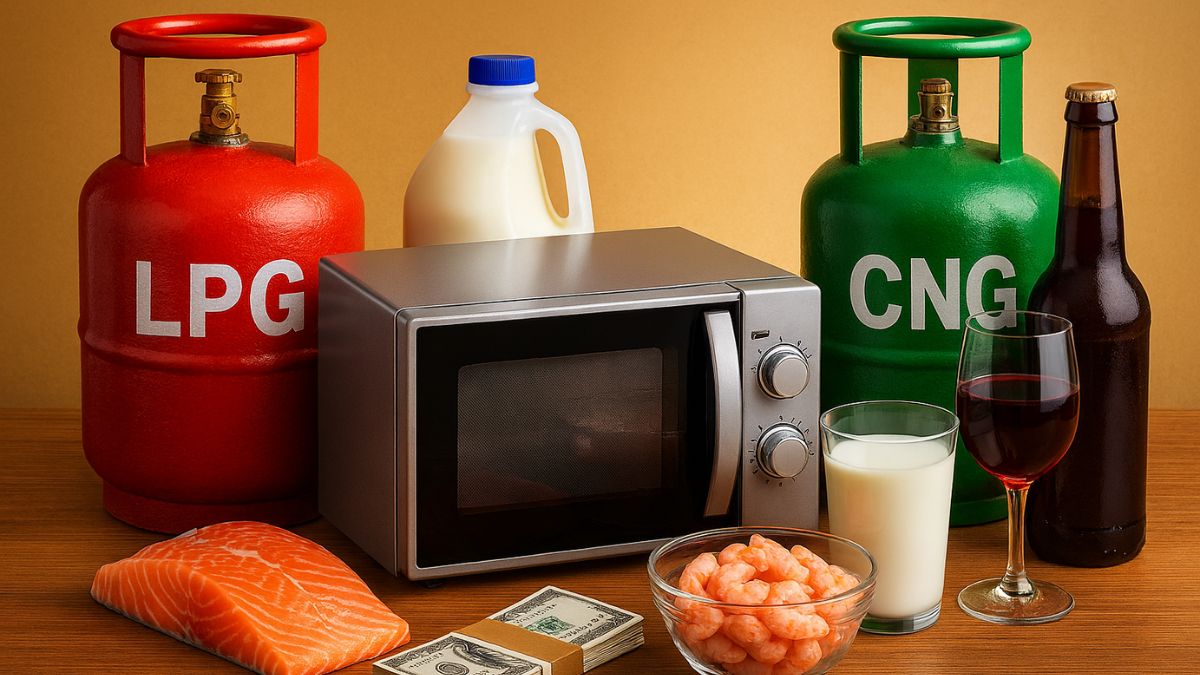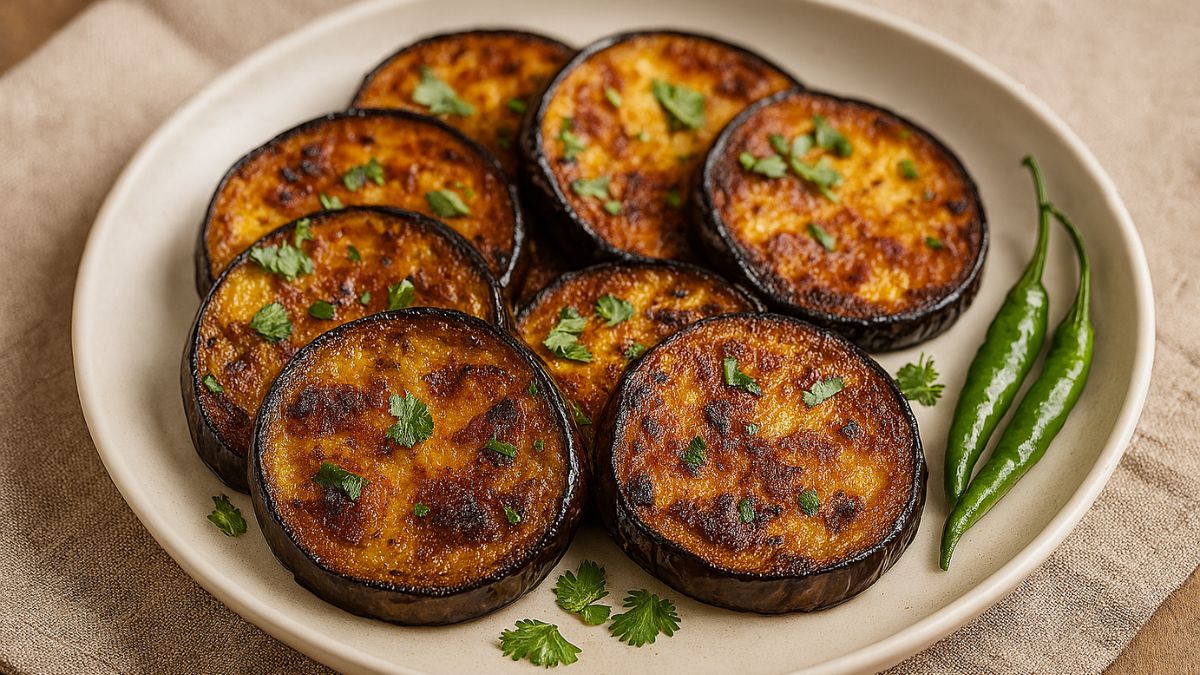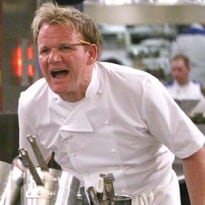Sex, drugs, ridiculous hours and appalling bullying ... thanks to lurid revelations, we think we know what goes on in top kitchens. But a new generation of chefs is keen to change the old culture.
Some 13 years have passed since the New York chef Anthony Bourdain laid bare his sweaty, savage, drug-addled life in the brilliant memoir, Kitchen Confidential. All manner of unsettling practices were divulged, from serving nasty old fish on Mondays, to staff ritually spraying blood from their war wounds all over each other. In one brigade, they marked the start of evening service by pouring brandy on the stove to recreate the napalm blast from the film Apocalypse Now. Bourdain wrote about cooking as though he were reporting from the front line.
A new book by Imogen Edwards-Jones, called Restaurant Babylon, sets out to reveal a similarly seedy underbelly of London's current fine dining scene. For this, the eighth of her Babylon series (Hotel and Fashion were both adapted for television), she has interviewed a number of anonymous industry insiders. The high point, she tells me, was when six chefs chewed the fat around her kitchen table one evening. As the wine flowed, the chefs grew increasingly competitive and their anecdotes got juicier and juicier. The many lurid stories in her book are true, says Edwards-Jones, but they are shoe-horned into 24 hours in the life of one fictional restaurateur, giving a "hyperbolic view of everything".
The gist of the book is that, other than improved working hours, little has changed since the Kitchen Confidential days. Bad-boy chefs: tick. Bullying: tick. Sex in cupboards: tick. Drink and drugs: tick and tick. Our narrator awakes, still dressed after passing out the night before, with a strange blonde in his bed. The coke-head chef of his one-Michelin-starred restaurant is grotesque in every way, from his appalling personal hygiene to his penchant for brief, hassle-free extramarital flings with drunken women. A young commis chef arrives at work off his face. In the telling, Edwards-Jones reveals such unsavoury kitchen practices such as "lick and stick", where chefs use saliva to adhere delicate ingredients to the plate.
But doesn't this all sound like the stuff of reminiscence rather than current reality? Surely the lives of the earnest, post-Gordon Ramsay generation would make far less salacious copy; heads down, focusing on upping their games, building their brands and getting some beauty sleep before their appearance on Saturday Kitchen? Even the book's narrator says the "metro chefs" coming through now are softer and gentler.
Take Jackson Boxer, the director of Brunswick House and Rita's Bar and Dining, a twentysomething hipster with a English Lit degree from Cambridge and cooking written into his DNA (his grandmother is the acclaimed food writer Arabella Boxer). "Restaurant work at all levels is hard," he says. "However, everywhere I've worked, there's always been a strong sense that the proprietors take seriously their duty of care towards their employees." He reckons the mythology of restaurant excess is an external perception, although one, it would appear from Restaurant Babylon, that some chefs are happy to perpetuate.
Chef-to-watch Isaac McHale, 33, whose new eatery the Clove Club in Shoreditch Town Hall was one of London's most anticipated openings this year, takes a similar tone. It's his day off and he sounds knackered. "In restaurants I've worked," he yawns, "like the Ledbury and Tom Aikens, people would just finish their shift and go home, because they were back in six hours. Everyone has a professional attitude." Wait: wasn't Aikens alleged to have once "branded" a teenage junior chef with a hot palate knife? "There's high tension," allows McHale.
He and his partners threw an after-after party for the World's 50 Best Restaurant awards this year. The international gastronomic creme de la creme in one room? In high spirits? Surely there was gossip? "People drank, danced, ate some buns and wood-pigeon sausages," he sighs. "There were no stories of intrigue or drug taking that I'm not telling you." Either McHale is the soul of discretion or this truly was an innocuous gaggle of hard-workers letting their hair down.
The cooking arena has in recent years been elevated from a service job to a revered (fetishised, even) vocation - so while there is greater competition and pressure, kitchens also tend to be more serious workplaces. One restaurant publicist tells me that when she was doing service shifts in the early 90s, "everybody was on drugs". Many legendary tales of candle burning hail from that era: chefs curling up on piles of bin bags at work after a heavy night, and sex all over the shop. Allegra McEvedy, whose wild early cheffing years saw her fired from the Groucho Club and the River Cafe, says that when she originally told her school friends that she wanted to train as a cook, "in their eyes I may as well have been taking up plumbing". It was just the dawn of the UK's culinary awakening, with Marco Pierre White as its precocious poster boy, and the stakes have been continuously upped ever since.
But despite today's more studious culture, the fact remains that it is easy to pick up a drink problem working in a restaurant. Temptation is everywhere and there is little chance of drifting straight off to sleep after a frenetic evening's performance. With so many young, outgoing, transient staff around, too, that unwinding beverage can easily escalate. One maître d' told me that when he worked at one of those extremely swanky West End establishments that ooze old money and timeless sophistication, the staff partied like crazy, and were frequently caught on the restaurant's CCTV getting up to no good.
A decade since Ramsay's head chef David Dempsey fell to his death after taking alcohol and cocaine, the benevolent charity Hospitality Action still sees a healthy take up of workers seeking advice on dealing with alcoholism, drugs, bullying, stress and debt. The charity sends recovering alcoholics, such as Michael Quinn, who went from head chef at the Ritz to a Salvation Army hostel, to colleges to warn 11,000 students a year of the risks. "It's a society issue, not just this industry," chief executive Penny Moore points out, "but the message from us is positive. The issues are being addressed and things have changed dramatically."
When Thomas Blythe, who was general manager at St John for 12 years and will shortly launch the Merchant's Tavern in Shoreditch with Angela Hartnett, arrived in London as a 17-year-old chef, 80-hour weeks were the norm. Today, he says, 48-hour contracts prevail, with a clause that managers can ask staff to work longer when required, but that staff can, in theory, refuse. He also says that the industry is now much more enlightened regarding sexism and bullying. The fact that most restaurants have to fight to retain good staff these days helps. However, horror stories still surface.
One manager told me about her time at what is known as the worst London fine-dining restaurant to work in. The famous chef patron there believes that the only way to get the staff to perform is to put the fear of God into them. He exhausts his front-of-house staff by drinking late with customers, and then charges in the next morning, hungover with duvet folds imprinted on his face, and insults them for minor matters such as leaving water in an ice bucket overnight. If front-of-house staff request the lunch menu before 11.45am, he'll tell them to "fuck off" out of his kitchen. They see nothing of the service charge.
Thankfully, reigns of terror such as this are now considered rather old school, and are less common than in the past, when sometimes not even the customers were safe. In the 1980s, Nico Ladenis famously decreed that no customer was allowed to ask for salt, different lighting or a second gin and tonic in his restaurants. And in 1998, Ramsay made headlines ejecting the critic AA Gill and his dining companion, Joan Collins, from his restaurant after Gill had belittled him in print. But what chance of level-headedness did Ramsay stand when one of his early bollockings from mentor Marco Pierre White reduced him to tears? (When I dined with Ramsay and White in the late 90s, shortly after the Gill incident, Ramsay was a pussycat in his former mentor's presence.)
These days, of course, ugly displays of temper are most likely to become public on the internet. Take the shocking spat that erupted late last year after a food blogger gave Hibiscus three out of five in an online review. Claude Bosi, the two-starred restaurant's chef, bizarrely tracked him down on Twitter to call him "a cunt". Then two more top chefs - Tom Kerridge and Sat Bains - rounded on the blogger, encouraging Bosi to "smash him in" and calling him a c#nt and c**t respectively, along with so many other vile things that the blogger closed his Twitter account. Critics may still have the power to make or break, but web reviews can't half stir up a chef's bile.
Running a great restaurant will always be stressful, but these unpleasant tales call to mind an amusing quote from one of Edwards-Jones's sources, which appears in her book: "It's ridiculous. All the shouting and screaming and slapping and hauling around great sides of beef and all we are really doing is making people's tea. It's just a bit of tea."
Restaurant Babylon by Imogen Edwards-Jones and Anonymous is published by Bantam Press at £14.99
The old guard: Gordon Ramsay in action. Photograph: Fox/Splash News








